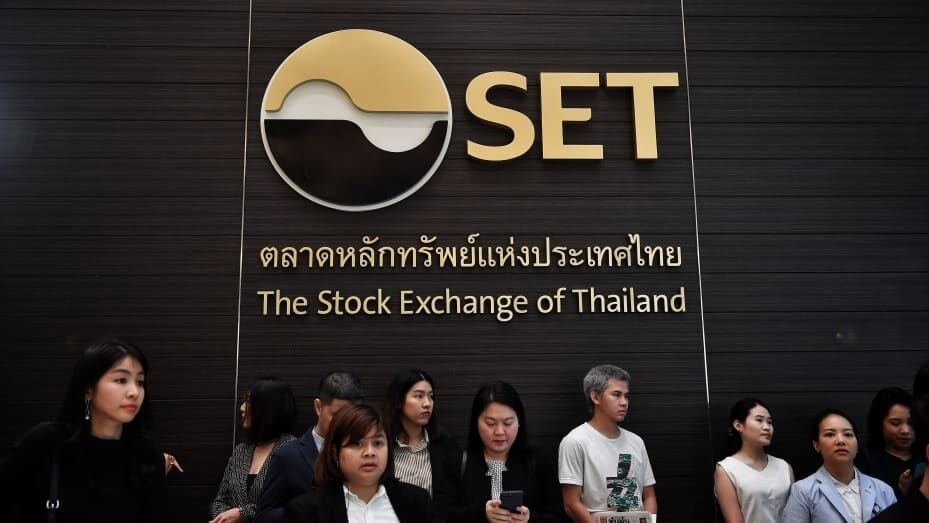Thailand intensifies crackdown on illegal short selling

The Chairman of the Stock Exchange of Thailand (SET), Pichai Chunhavajira, announced plans to intensify the country’s crackdown on illegal short selling as shares continue to underperform.
Currently, the law permits penalisation of only the securities companies that initiate the short-selling order. However, the market authorities are contemplating amending the law to allow the prosecution of both individuals and companies involved in such trades, revealed Pichai.
Thailand’s initiative accompanies similar measures adopted by counterparts like China and South Korea, following the obliteration of approximately US$156 billion of the market value from the nation’s equities since their zenith in 2023. Prime Minister Srettha Thavisin called upon market authorities to scrutinise improper transactions, including short selling, to bolster investor trust and confidence.
The short-term measures will revive some confidence, but we still must do more, expressed Pichai, who assumed the role of the bourse’s new chairman in February. He underscored the pressing need for further steps to assuage investor apprehension and regain their trust.
The SET disclosed additional information last month about proposed tighter constraints on short selling and program trading. The plans entail a decrease in the market value of stock permitted for short selling and escalated fines for securities companies infringing the regulations. The trade of naked short selling, which involves selling shares without prior borrowing, is set to be prohibited.
The SET Index, a benchmark, has plunged over 3% this year, marking one of the most significant declines in Southeast Asia, after a 15% drop in 2023. Furthermore, the daily trading turnover has dwindled by over 10% compared to the previous year due to fewer orders from individual shareholders, as per data collated by Bloomberg and the stock exchange.
Short-selling transactions constitute approximately 10% of the total trading turnover, based on the exchange’s data dating back to September. The bourse began publishing these figures in response to concerns about their potential correlation with the market downturn.
Pichai also disclosed the SET’s plans to propose legal amendments to expedite the offering and trading of digital assets such as investment and utility tokens. Prime Minister Srettha has provided guidelines for the bourse to position itself as the trading hub for digital assets in Southeast Asia.
The proposed alterations to the existing laws have been put forth in discussions with the Finance Ministry, Securities and Exchange Commission and other law enforcement agencies, Pichai, reported Bangkok Post.
Latest Thailand News
Follow The Thaiger on Google News:


























